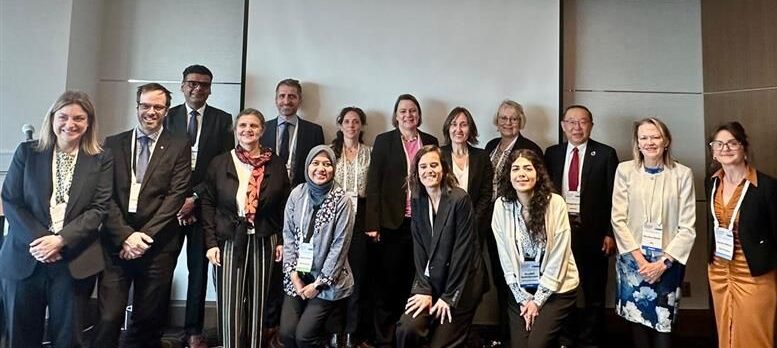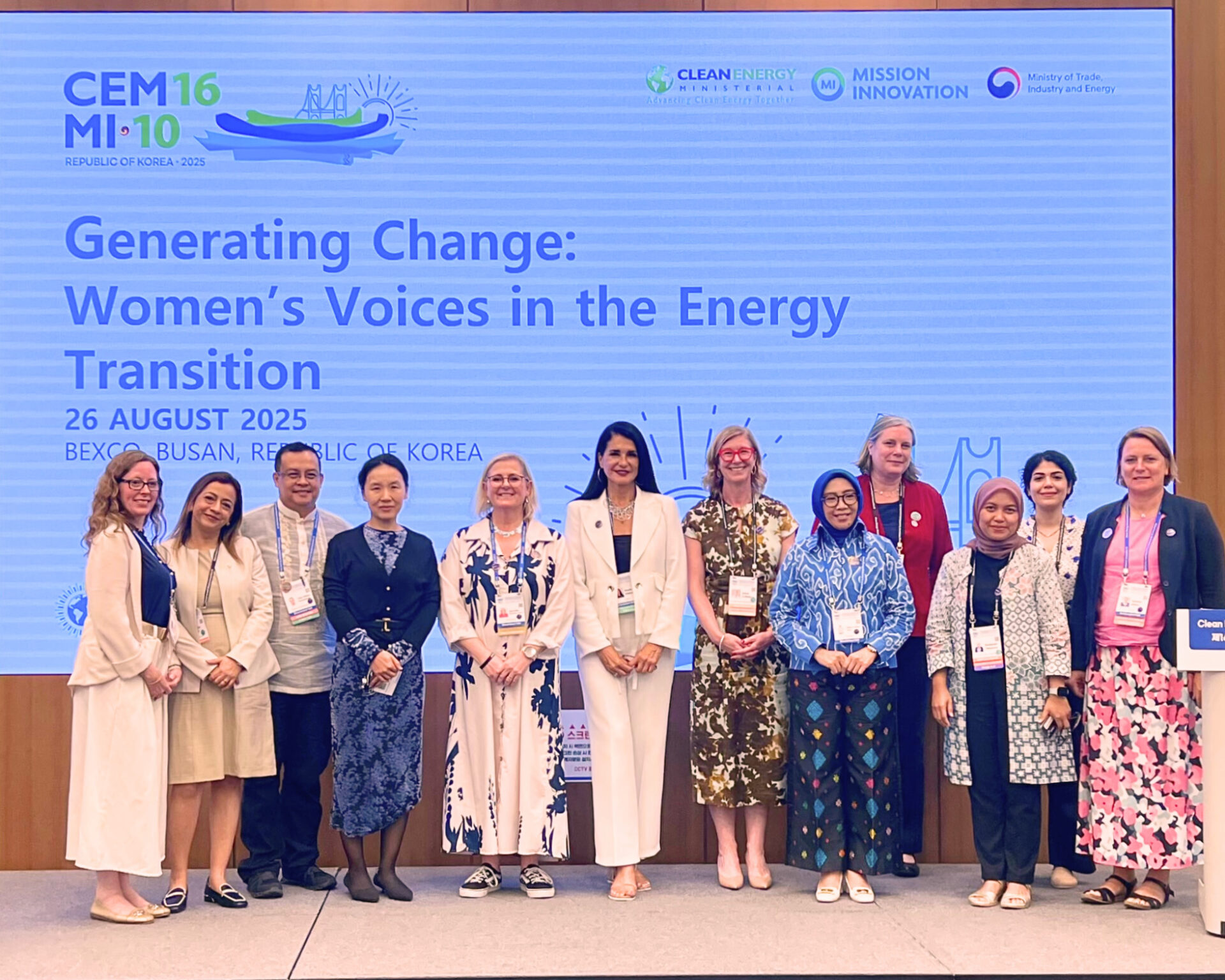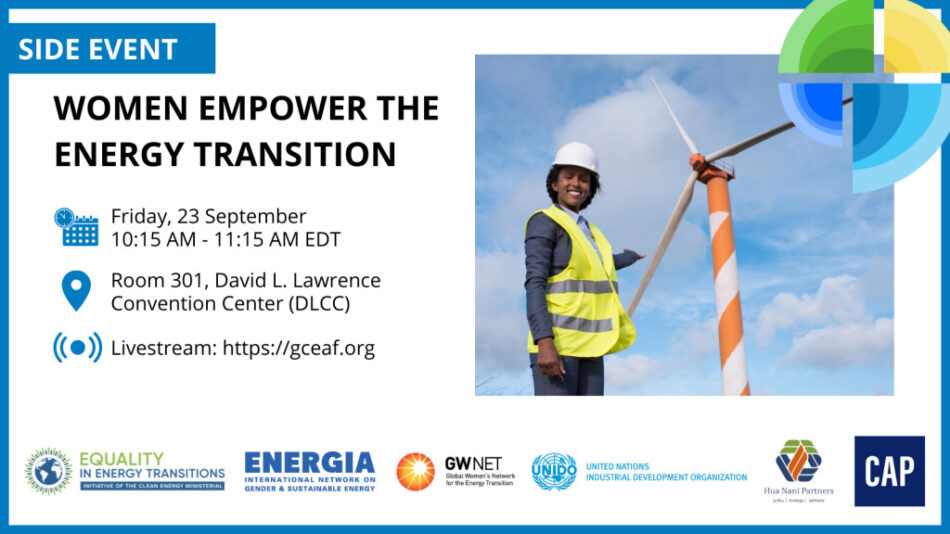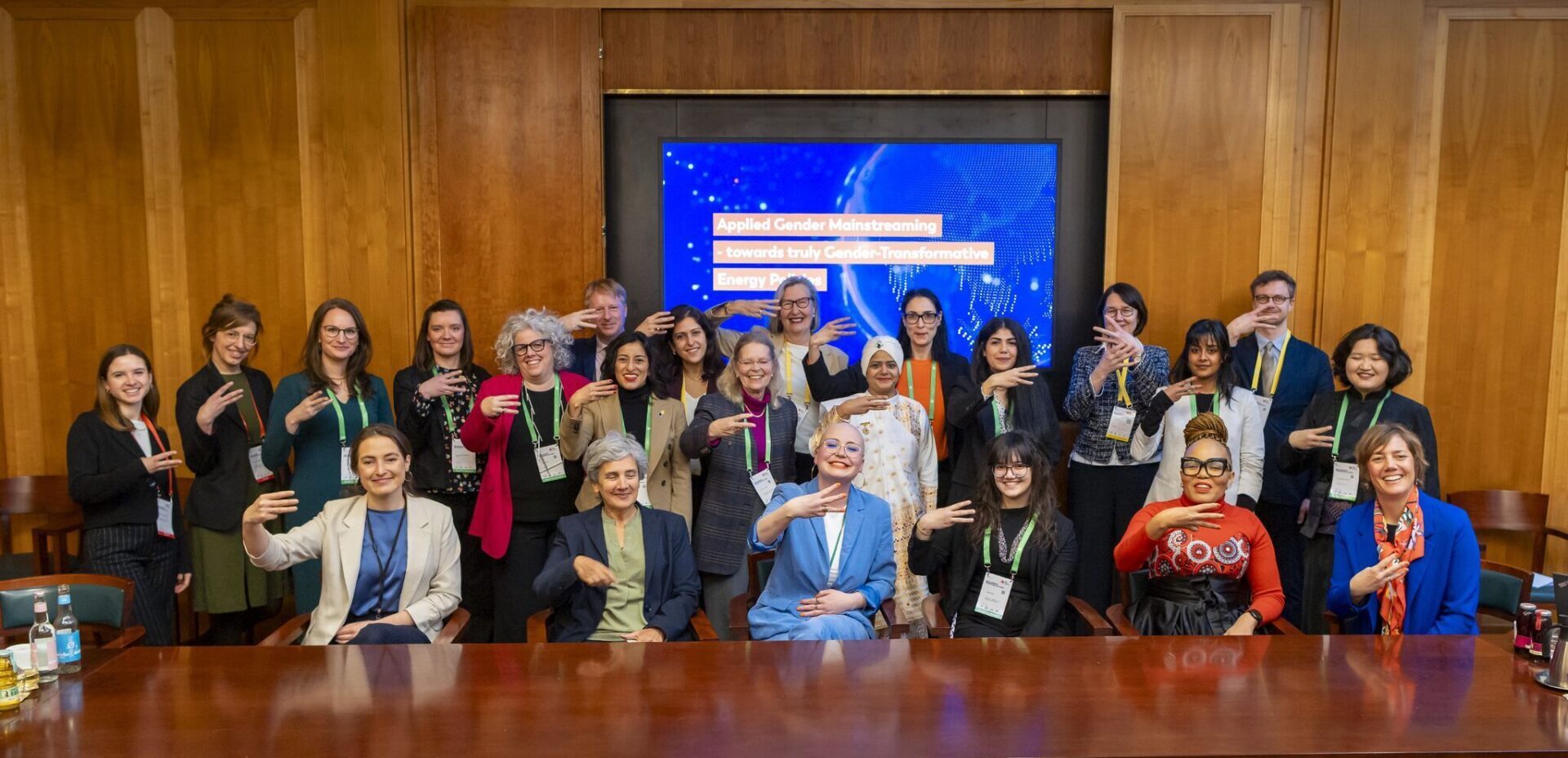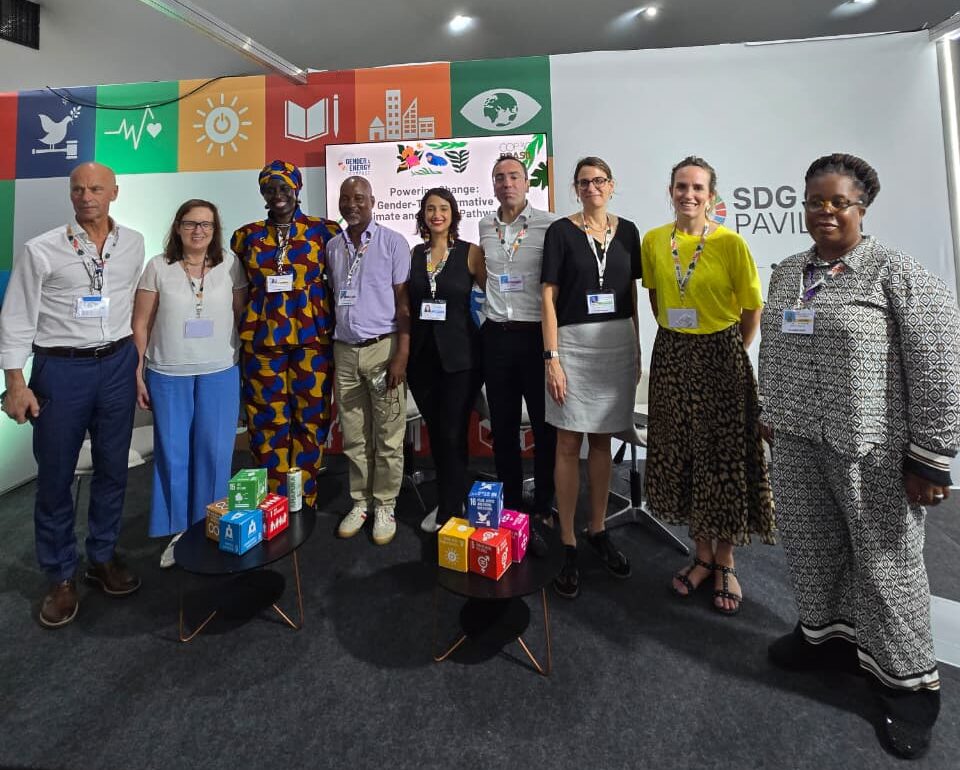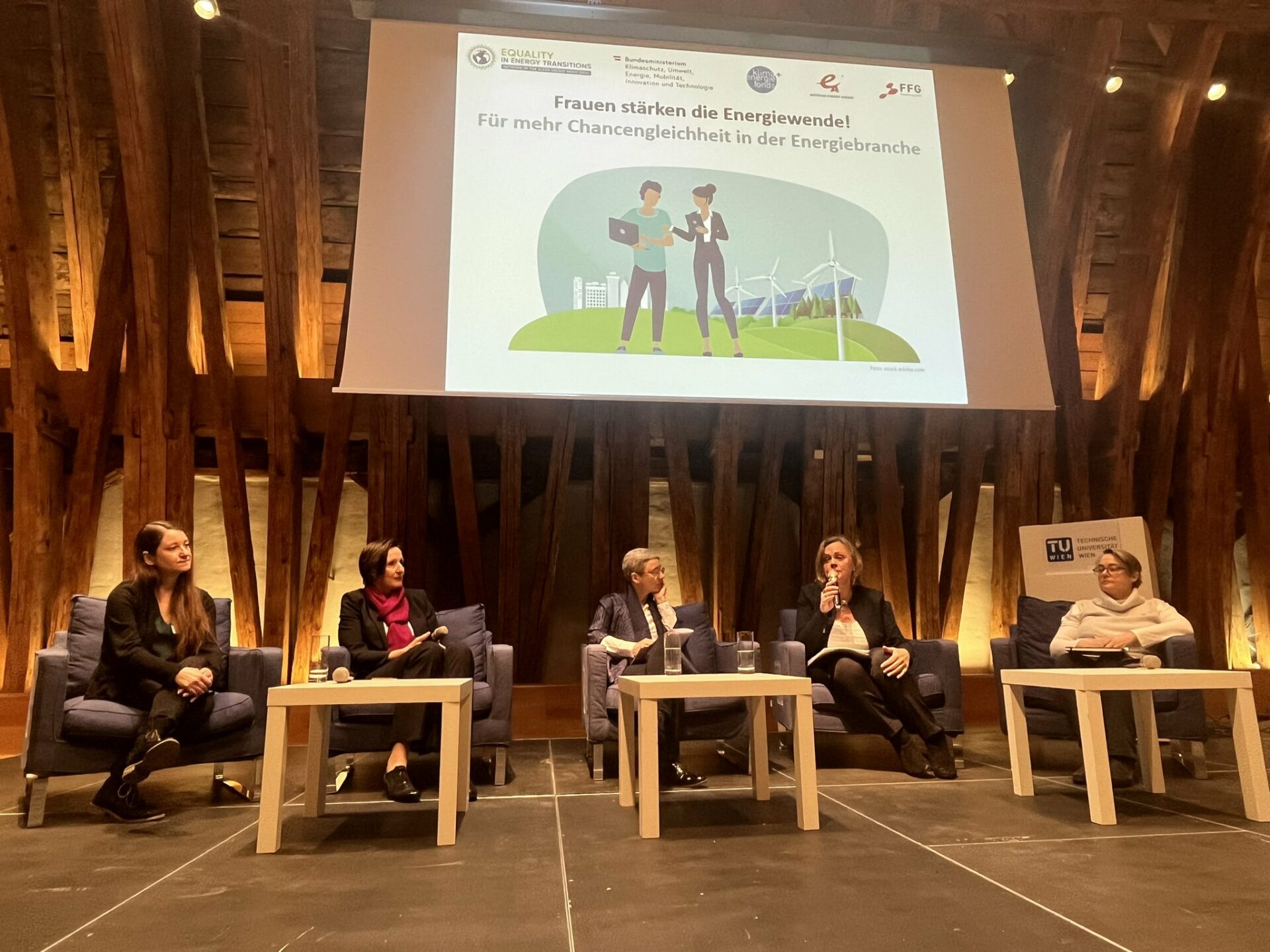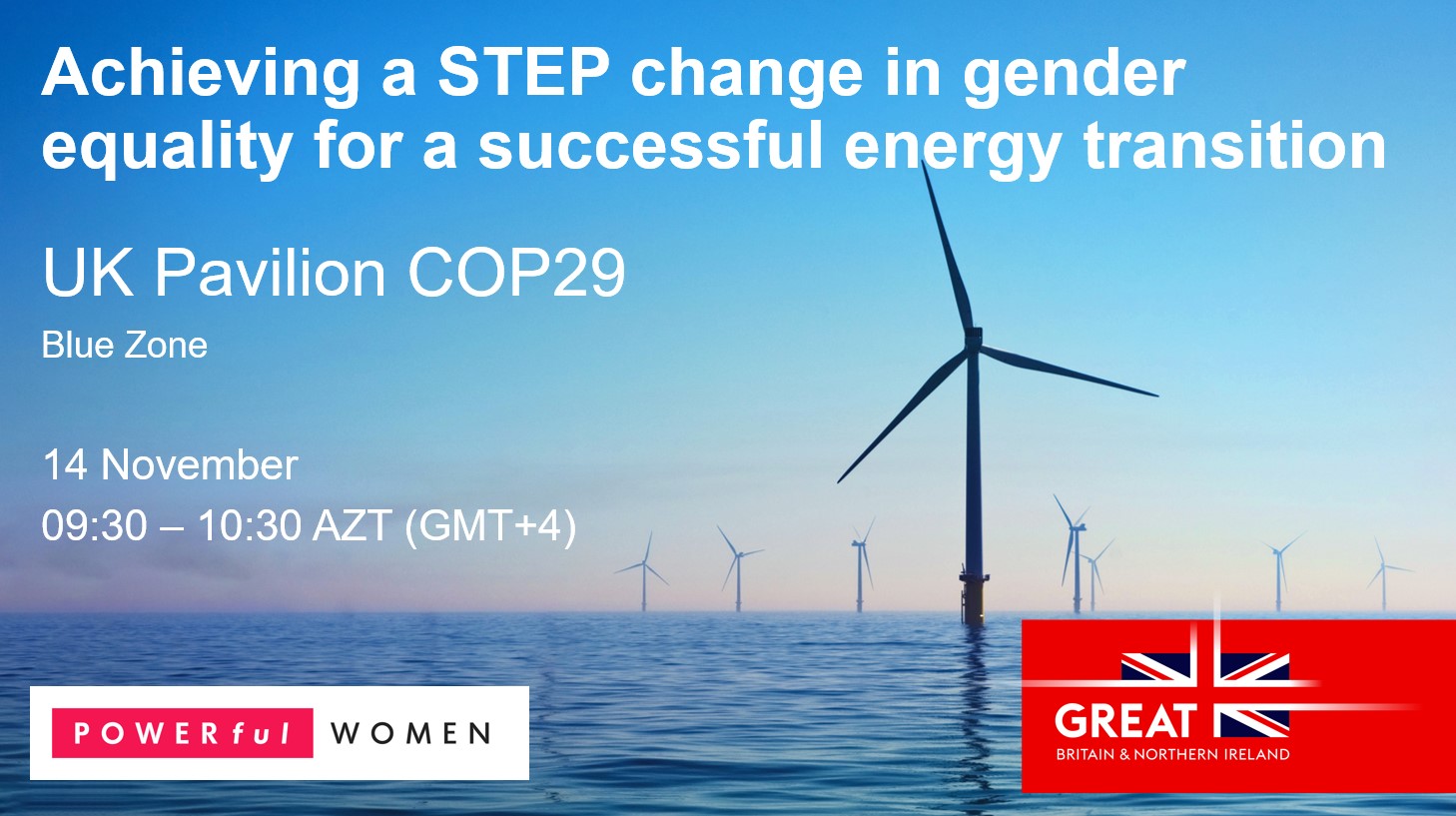
The UK hosted a panel discussion in the UK Pavilion at COP29 on ‘Achieving a Step Change in Gender Equality for a Successful Energy

Transition’. The objective was to promote the need to mainstream gender equality within energy transition policies to deliver a gender-responsive, just transition. Minister Anneliese Dodds, UK Minister for Development at the Foreign, Commonwealth and Development Office and Minister for Women and Equalities, gave the welcome speech and noted that while women and girls bear the brunt of the impacts of climate change, they are often cut off from the work of providing solutions, with less than a quarter of jobs in the energy sector held by women. The opportunities of the energy transition are immense – 40 million new jobs are needed. But the sector faces skills shortages because girls are not being encouraged to train for clean energy jobs. Progress in including 51% of the population is too slow.

The panel (Chair, Debbie Palmer, Director, FCDO, Nick Wayth, CEO Energy Institute and POWERful Women Board Member, Sophie Westlake, Deputy Director DESNZ, UK Government, Angelos Pastras, Lead Commonwealth Secretariat Energy Transition Youth Action Group, and Rachel McEwen, Chief Sustainability Officer, SSE), discussed the need to recognise and exploit all talent in order to meet the scale of the challenge of the energy transition. But it is not simply a matter of numbers – companies need to ensure that they represent the communities they serve by being inclusive and diverse. Girls and young women need to see role models and to be empowered to take up careers in the clean energy sector through capacity building, skills training and cultural change. Companies can make practical changes with a focus on ‘in, on and up’ – ‘in’ by ensuring recruiting managers are trained in inclusivity to bring in more women; ‘on’ by developing, for example, family friendly policies to keep women on; and ‘up’ by ensuring diversity in talent and development schemes.
Progress is being made, with more girls attracted to STEM subjects and professions, and the appointment of impressive female role models to senior roles.

